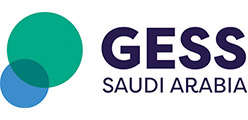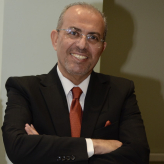التعلم التكيفي المدعّم بالذكاء الاصطناعي يعد التعلم التكيفي المدعّم بالذكاء الاصطناعي تحولًا جوهريًا في مجال التعليم، حيث يهدف إلى تقديم تجربة تعليمية مخصصة تتناسب مع احتياجات كل متعلم. يعتمد هذا النهج على استخدام تقنيات الذكاء الاصطناعي مثل تعلم الآلة وتحليل البيانات لفهم أداء الطلاب، وتحديد نقاط القوة والضعف، وتقديم محتوى تعليمي مصمم خصيصًا لكل فرد. تعمل هذه الأنظمة من خلال جمع وتحليل البيانات التعليمية، مثل التفاعل مع المواد التعليمية وأداء الطالب في التقييمات، لتقديم توصيات فورية ومسارات تعلم مخصصة. بفضل هذه الإمكانيات، يسهم التعلم التكيفي في تحسين نتائج الطلاب، وزيادة كفاءة الوقت المخصص للتعلم، وتعزيز مشاركتهم في العملية التعليمية. يمثل هذا النموذج حلاً مبتكرًا للتحديات التي تواجه التعليم التقليدي، حيث يتيح مرونة أكبر، ويعزز من القدرة على تلبية احتياجات الطلاب المختلفين، مما يجعله أداة فعالة لدعم التعليم الحديث وتحقيق تحول حقيقي في أساليب التعلم.

